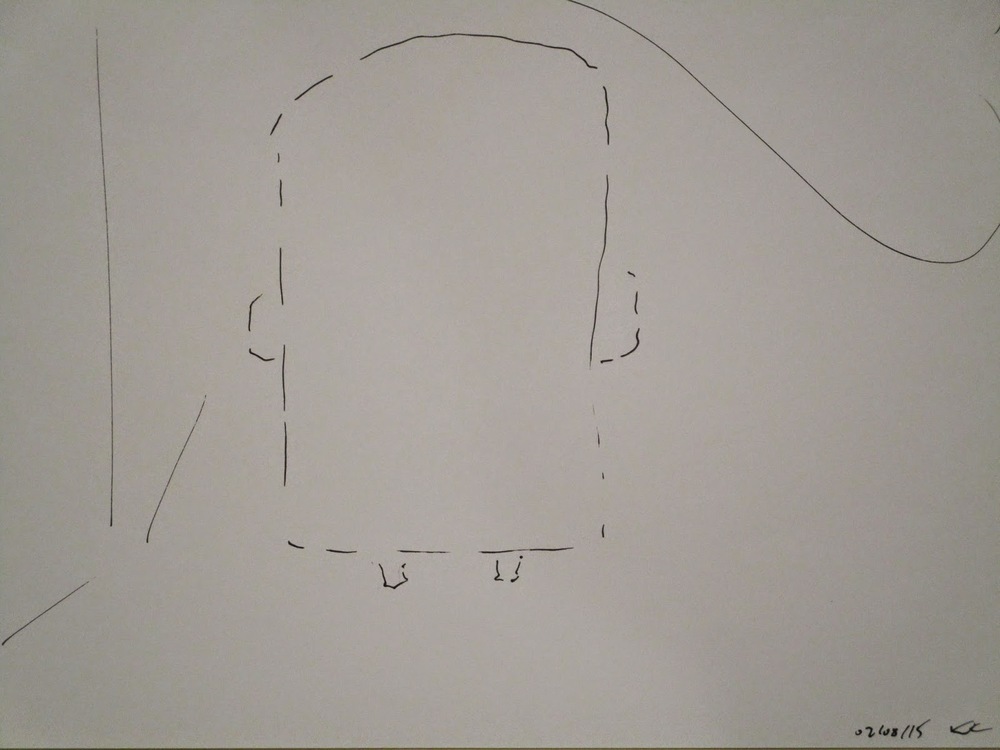Quick, while I finish packing to throw my stuff in storage tomorrow and begin my new life experiment traveling and making art—what is the meaning of life?
In related news, my Etsy store listings are all deactivated for now. Because the paintings are about to be inaccessible. Hopefully I’ll make more on the road. Then I’ll have new active listings, and blog them. I also might be live-blogging a book once I decide on one of the ten many folks were kind enough to vote on earlier this week.
Speaking of which, the book vote survey is still open. The clear first-place winner, so far, is the series Where the Wilde Thinks Are. This also happens to be my business name. And a play on the last name I took after Oscar Wilde, who is my daddy.
Here is one of the draft manuscripts in that series. “Patton’s Chair” is an allegory about American loss of moral authority following post-9/11 violations of rule of law.
***
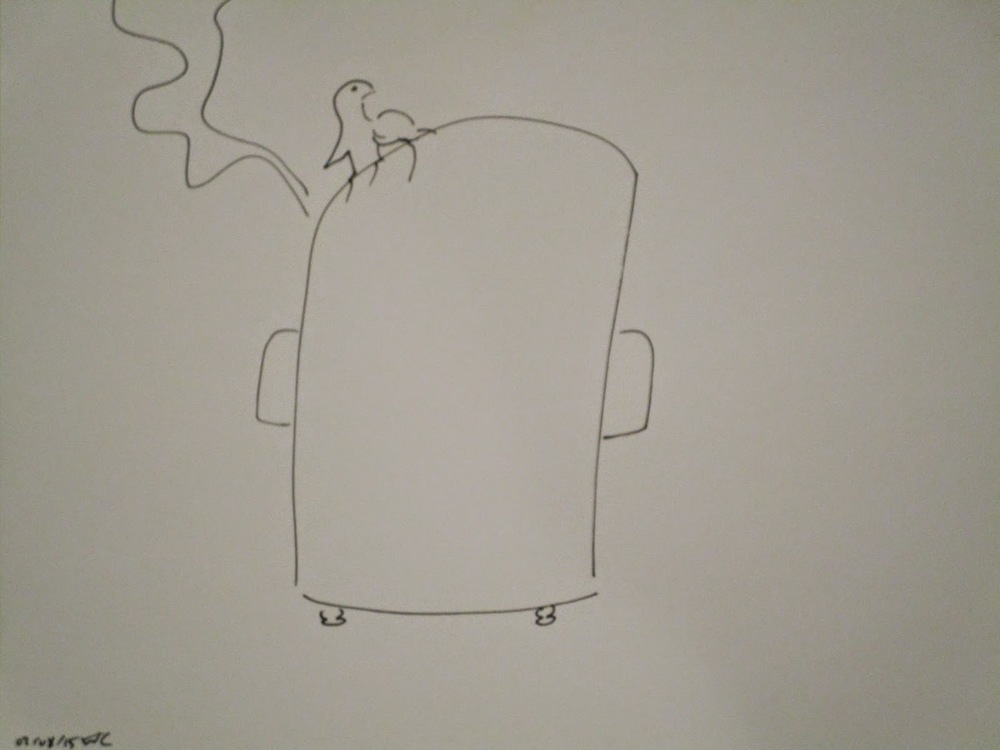
Once upon a time, a timeless soldier was reincarnated as an American General during the Second World War. His name was Patton.
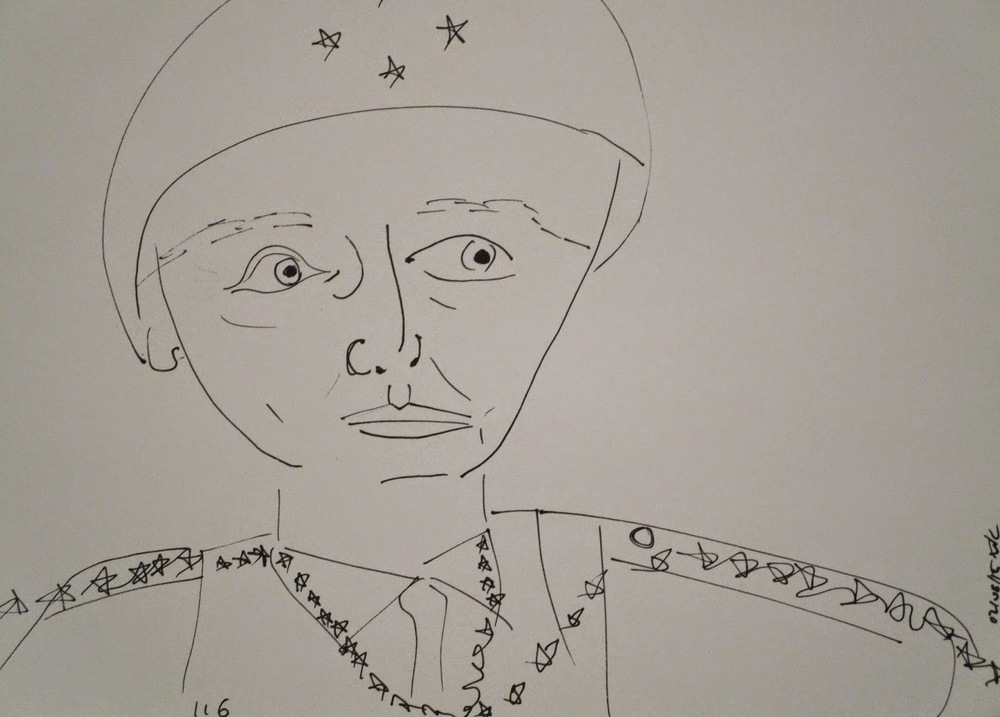
Patton was an infinity-star General. He served for thousands of years. His service as Patton made the world safer for human flourishing. Among other accomplishments, Patton did a very good job studying at West Point and leading the Allied Forces to victory by designing D-Day and the successful liberation of Occupied Europe.
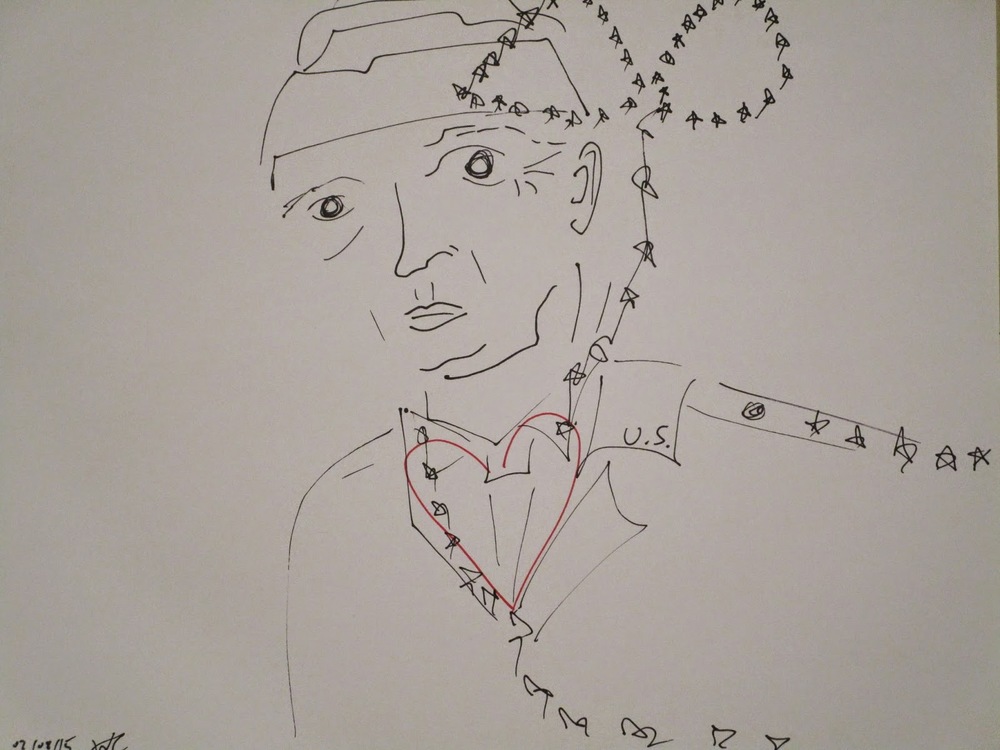
When people would ask him about the secret to his success, he would just smile. Usually, Patton knew better than to tell them anything close to the whole Truth. Whole Truths are really quite large and unwieldly. Some of them can’t even be put into linear narrative without the speaker falling off the edge of the world.
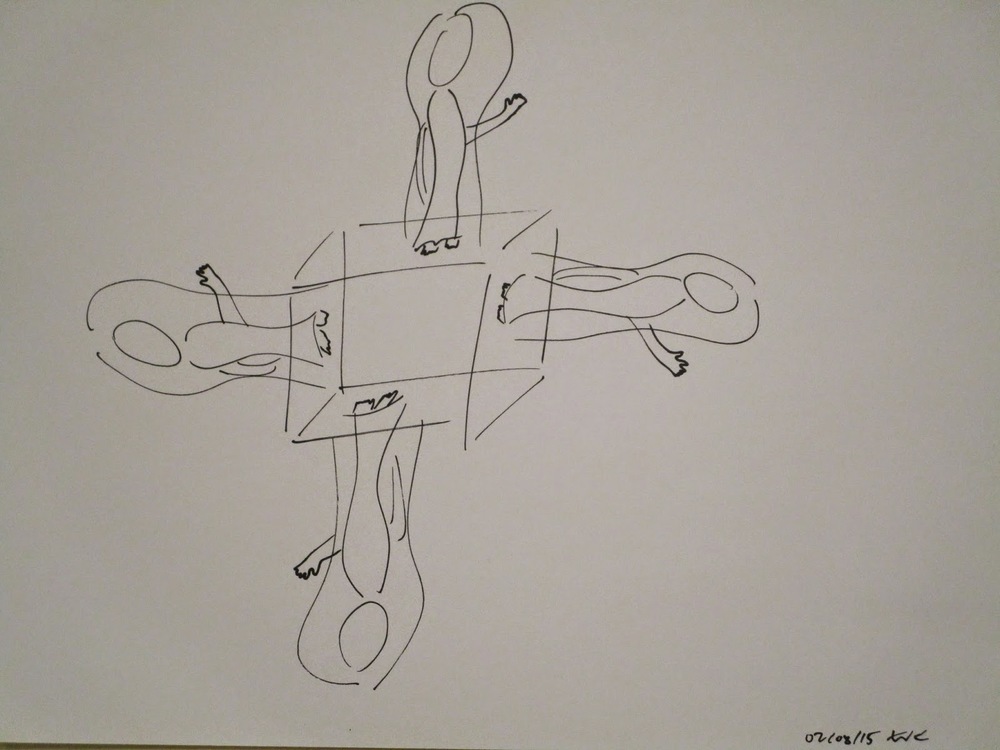

But sometimes, Patton would need to stop, be still within, and listen to his heart. This might happen by a hillside that he knew from a past life was once a battlefield. Or at a cocktail party when mortality was discussed. Or even in the heat of a battle, outside Time.
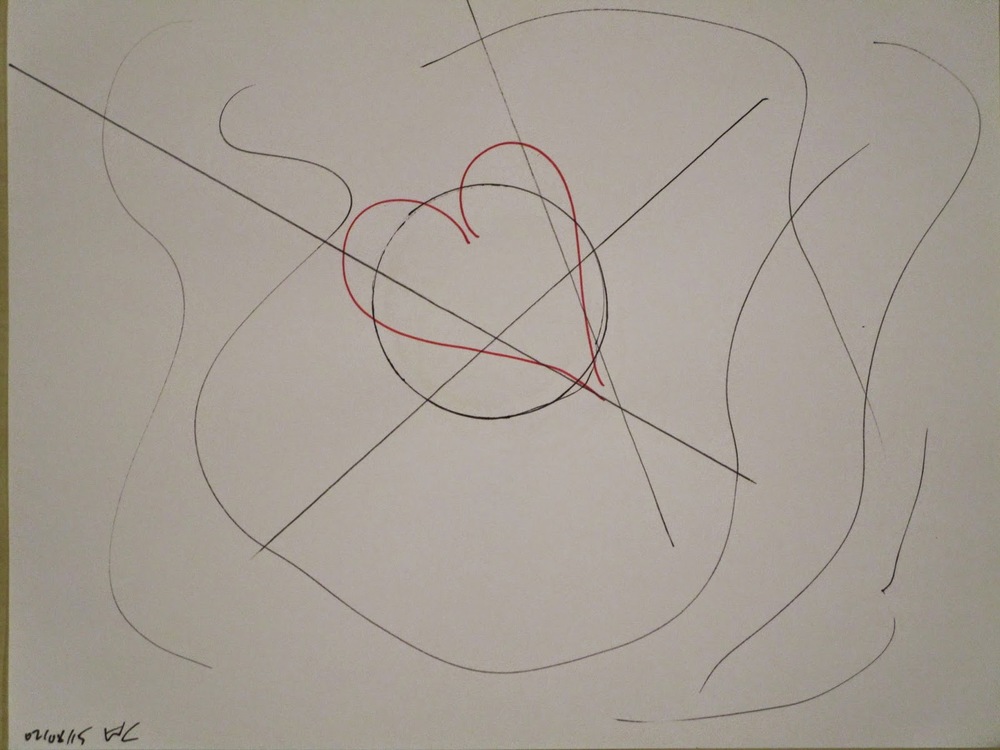
So Patton knew he could not usually say exactly what his heart said. It spoke in a language some people wouldn’t understand. And most of the time, actions spoke louder than words anyway.
But he knew he needed to listen to it and use what it told him. He would just have to be a faithful translator of the secret language of his heart.
Patton’s favorite place to listen to his heart’s secret language was his magic chair. After a long day generalling, he would always return there, settle in, close his eyes, and put his hand on his heart, the better to feel his feelings.
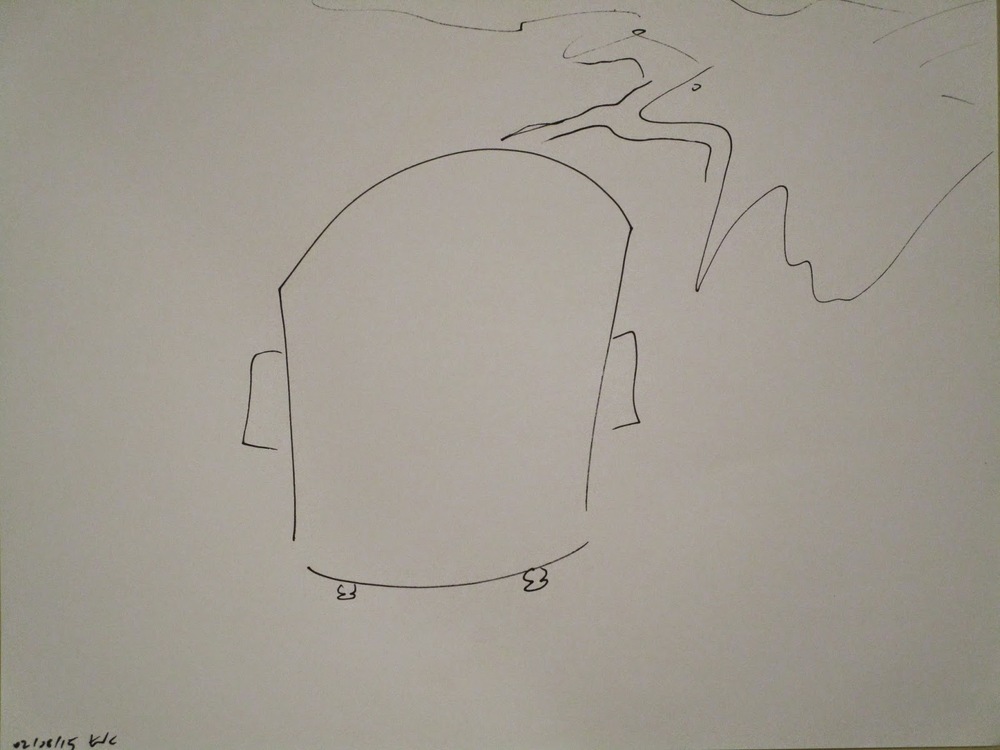
One day, Patton came home from a nice swim in the cosmic ocean with Hedy Lamarr. He was drenched in Truth and Time, dripping centuries all over the good carpet.
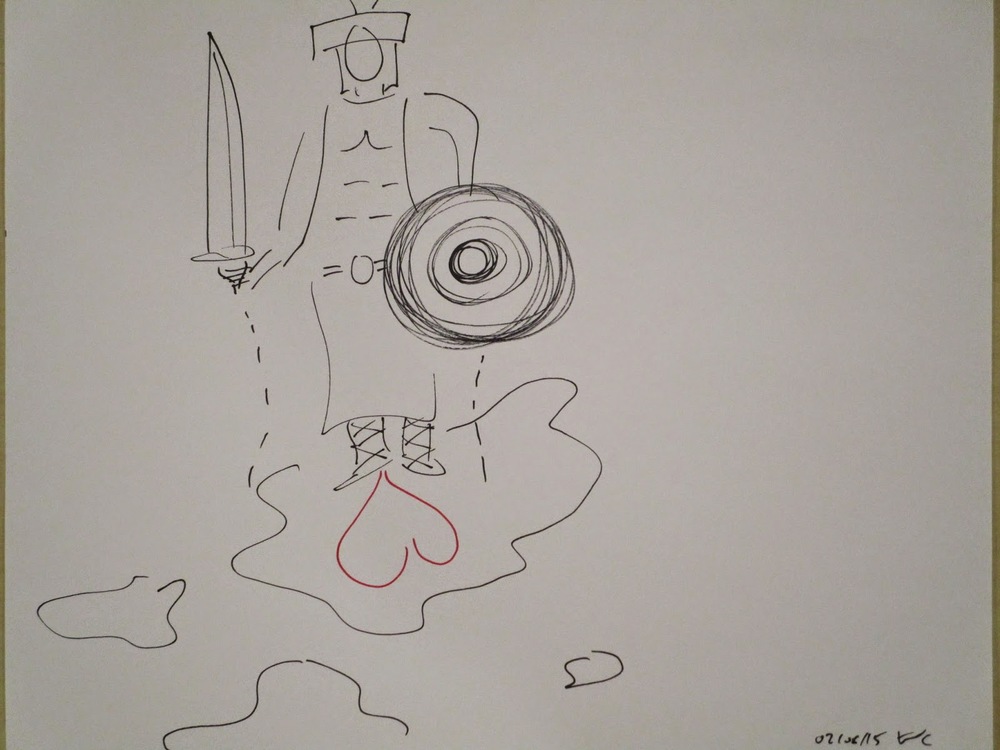
When he walked by his study to say hello to Push Coast Crow, he stopped and gasped.
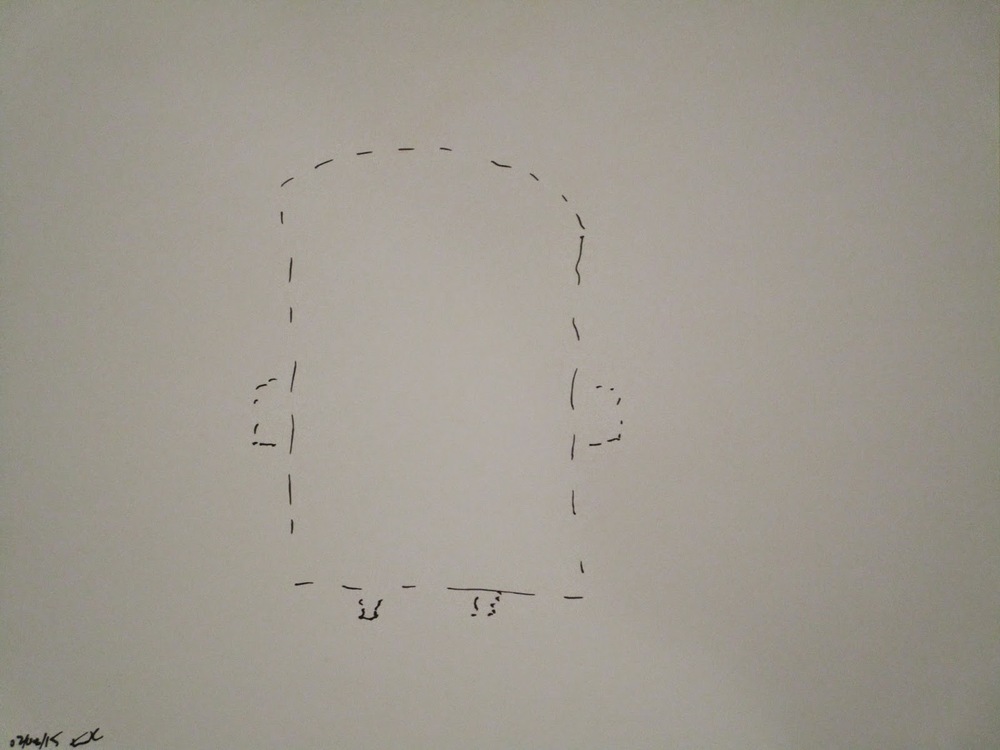
His chair was missing!
“What—where—with the—MY CHAIR!!!!!” Patton stuttered.
“Caw. Caw,” Push Coast Crow replied.
“WHAT HAPPENED?” Patton asked.
“Caw. Caw,” Push Coast Crow replied.
“Was it the Nazis?” He asked.
“Caw.” Push Coast Crow shook his head sadly.
“The Russians?” He asked.
“Caw.” Push Coast Crow hung his head lower.
“Japanese?””
“Caw.” A single tear fell from Push Coast Crow’s perfect beak. Where it fell on the floor, roses sprang up and continued crying Forever.
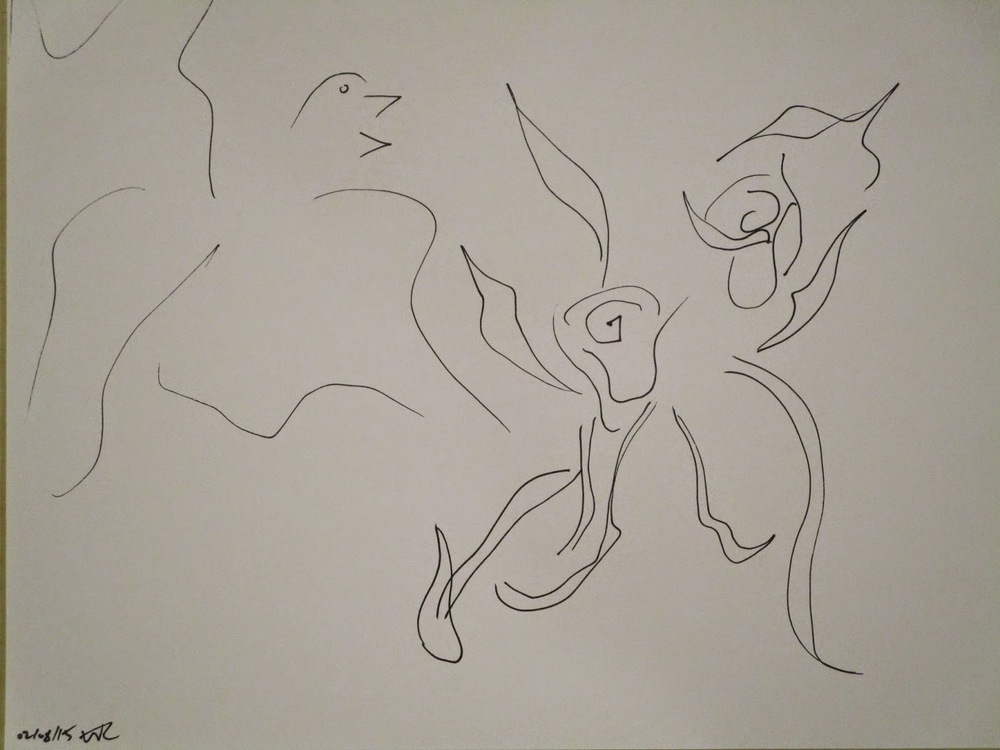
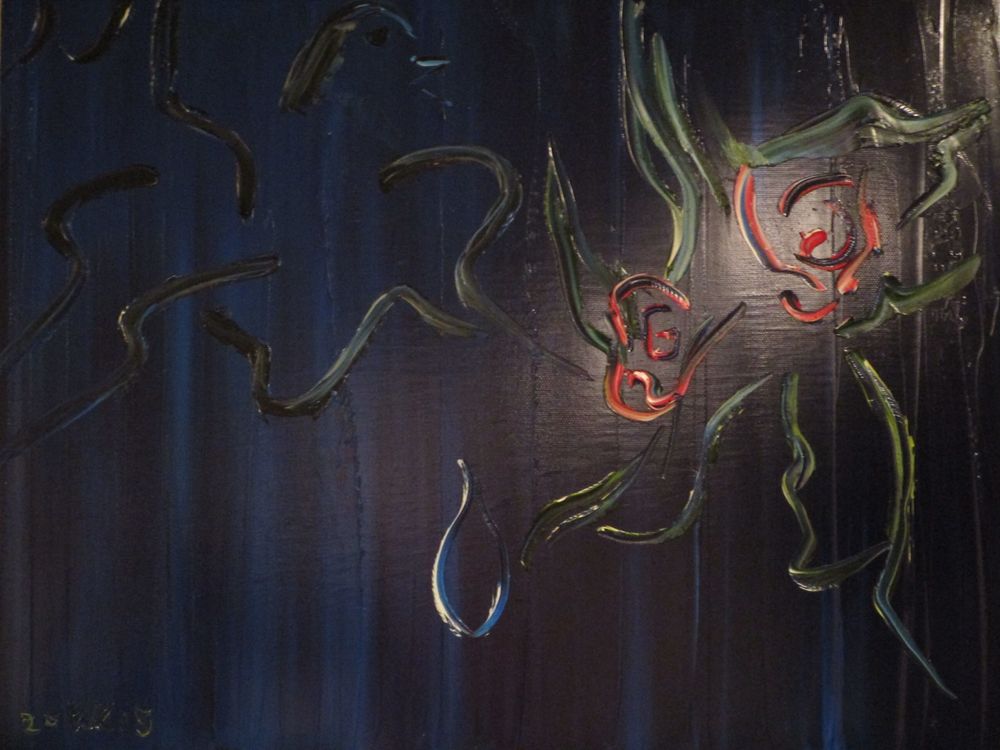
“Who then?” Patton asked.
“Caw,” Push Coast Crow said, very softly.
“What?” Patton asked.
“Caw,” Push Coast Crow repeated, just a little bit louder.
“WHAT?!” Patton replied.
“Caw caw caw caw caw,” Push Coast Crow explained.
“THAT’S IMPOSSIBLE,” Patton said.
“Caw caw caw caw caw caw caw!” Push Coast Crow insisted. And then, nodding sadly: “Caw.”
Patton leaned on the door frame, slumping into his puzzlement. His hand wandered to his head, first scratching the top and then holding his whole body up at the temple and cheekbone.
“Caw?” Push Coast Crow asked.
“Yes,” Patton replied, but his voice was strained. He cleared his throat.
“Yes.” He heaved a sigh and stood up straight.
“Caw?” Push Coast Crow asked.
“Yes, please,” Patton replied.
Push Coast Crow brought Patton his scotch and pipe.
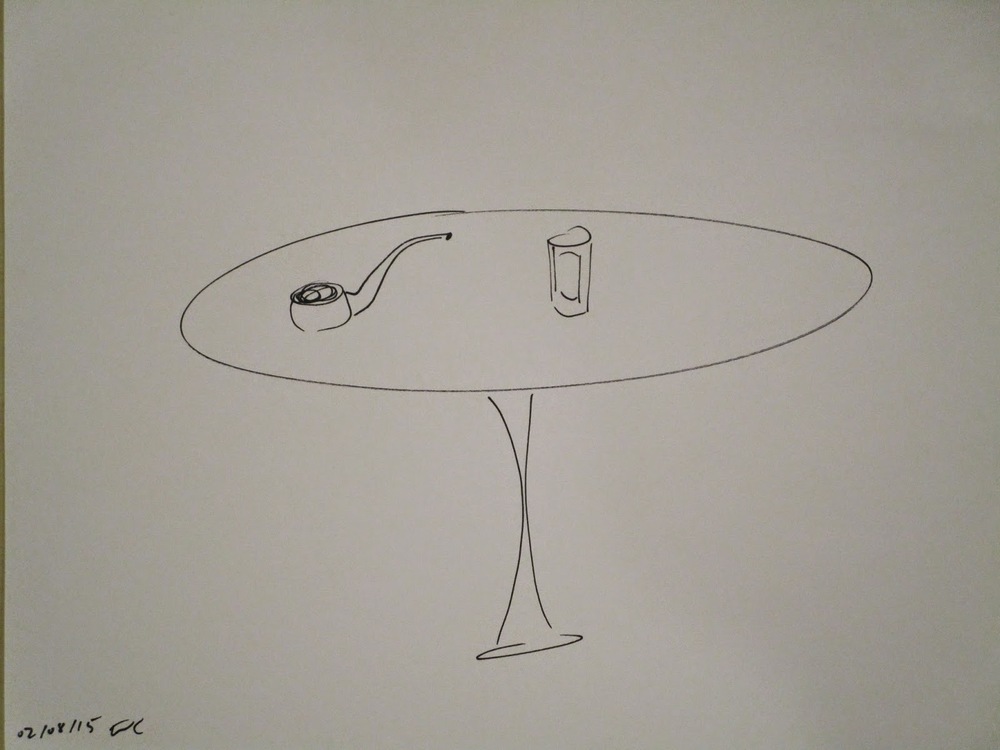
“Thanks,” Patton said.
Push Coast Crow and Patton sipped their scotch and lit their pipes. Push Coast Crow perched on Patton’s shoulder but did not kiss his cheek. He knew sometimes the General needed space.
For a long time they stood in the study doorway together in silence, smoking and staring at the empty space where Patton’s chair had been.
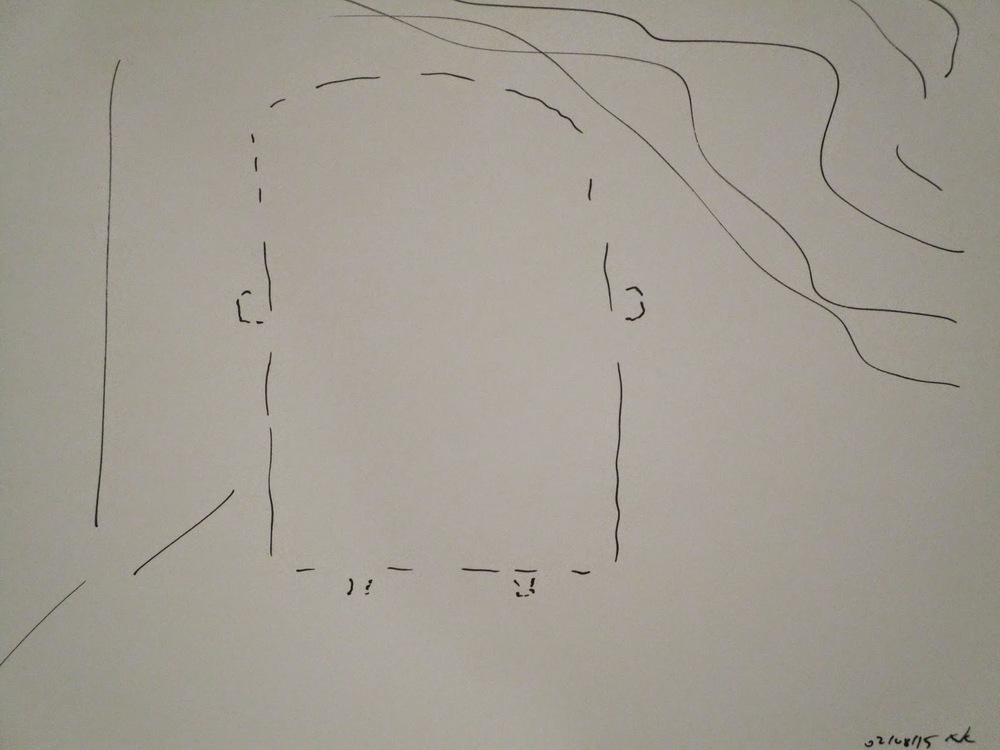
Finally, heaving a great sigh and resettling his weight on his other foot, Patton put his hand on his heart and closed his eyes.
“I feel…” He said, his voice trailing off. He shook his head.
“I feel…” He began again, his voice catching with emotion. Push Coast Crow kissed his cheek. Patton nodded and pet Push Coast Crow’s iridescence-streaked, black head and back. Then he took a deep breath, closed his eyes again, and resettled his hand on his heart.
“I’m angry,” Patton said.
“I’m really angry,” he went on. As he said it in calmness, Patton’s anger grew so hot that his pipe—which had gone out in his quiet reverie—relit at that moment and started smoking again.
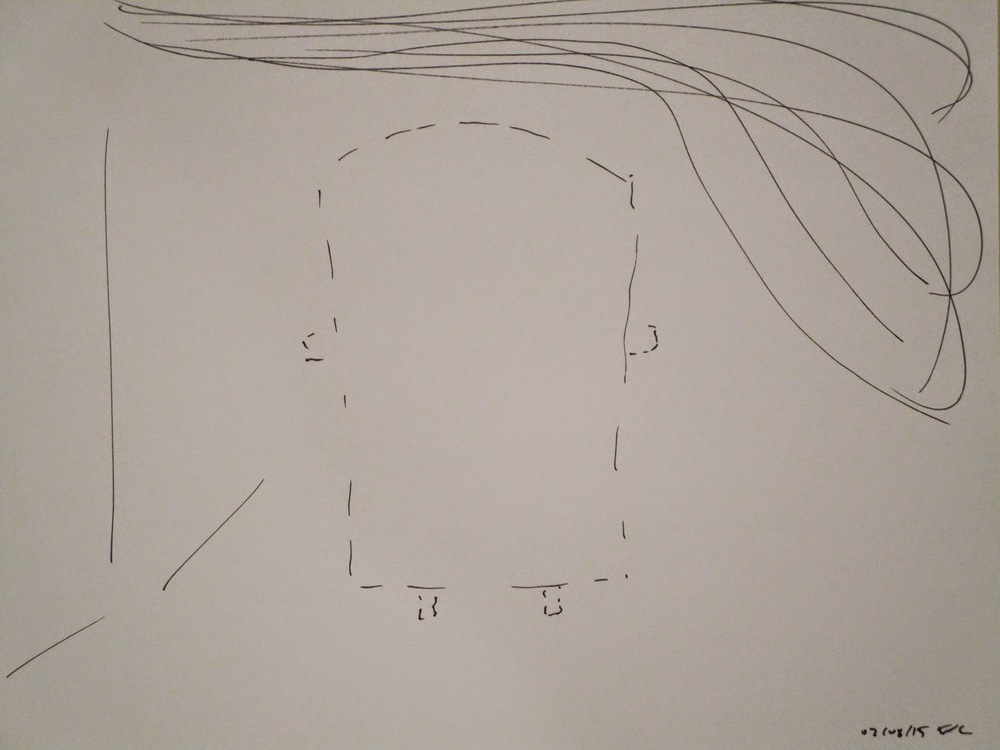
“Caw,” Push Coast Crow nodded, flying some small distance into the study to give the General some space.
“But my anger,” Patton sighed, “is actually part of a much larger, massive cloud of grief.”

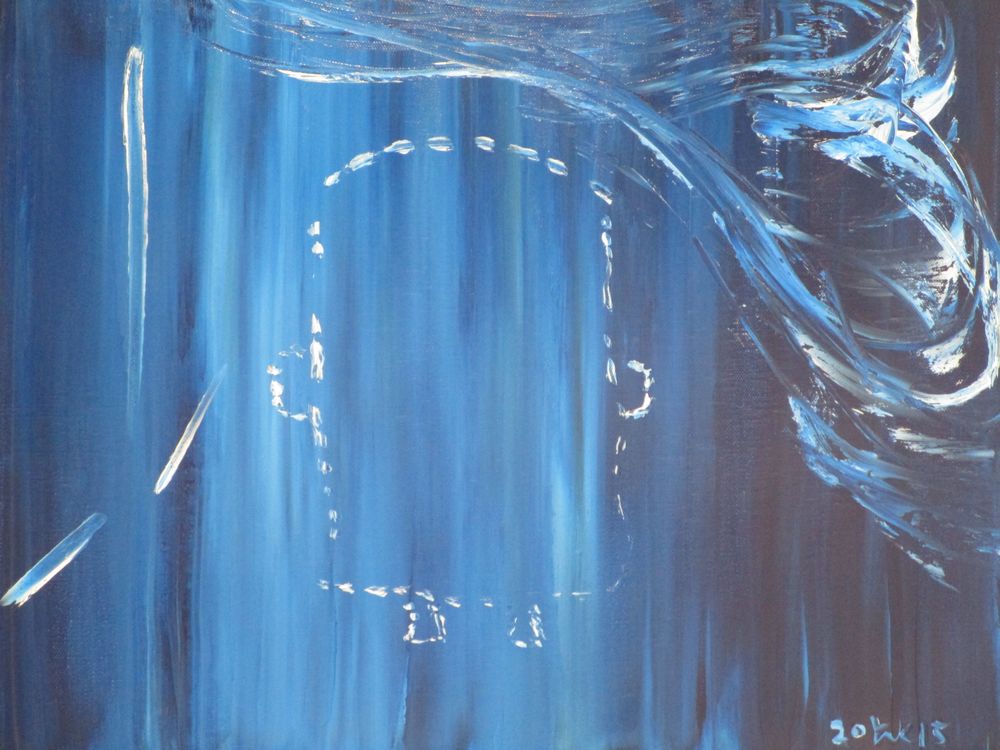
“With violent storms of anger, betrayal, loss, guilt, abandonment—and above all, shame.”
“I’m so ashamed, I can hardly stand it,” Patton said. And with that, he sunk down on the floor with his head in his hands.
“Caw-caw,” Push Coast Crow said, flying down to comfort him.
“It’s not ok,” Patton replied.
“Caw caw,” Push Coast Crow said. “Caw caw caw caw caw caw caw caw caw caw?”
“I don’t know,” Patton said. “I just don’t know.” Patton and Push Coast Crow were quiet and still for a long time.
Then, Patton closed his eyes and put his hand on his heart one more time.
“I’m afraid. I’m afraid of the consequences, not for me, but for others, if I don’t get my chair back,” Patton said.
“I’m afraid for what is good in the universe. I’m afraid for the butterfly of grace and goodness that transforms in darkness and flies in people’s faces. I’m afraid for the world that it won’t be safe for her to be amazing, like she can be when she feels safe, if I don’t get my chair back.”
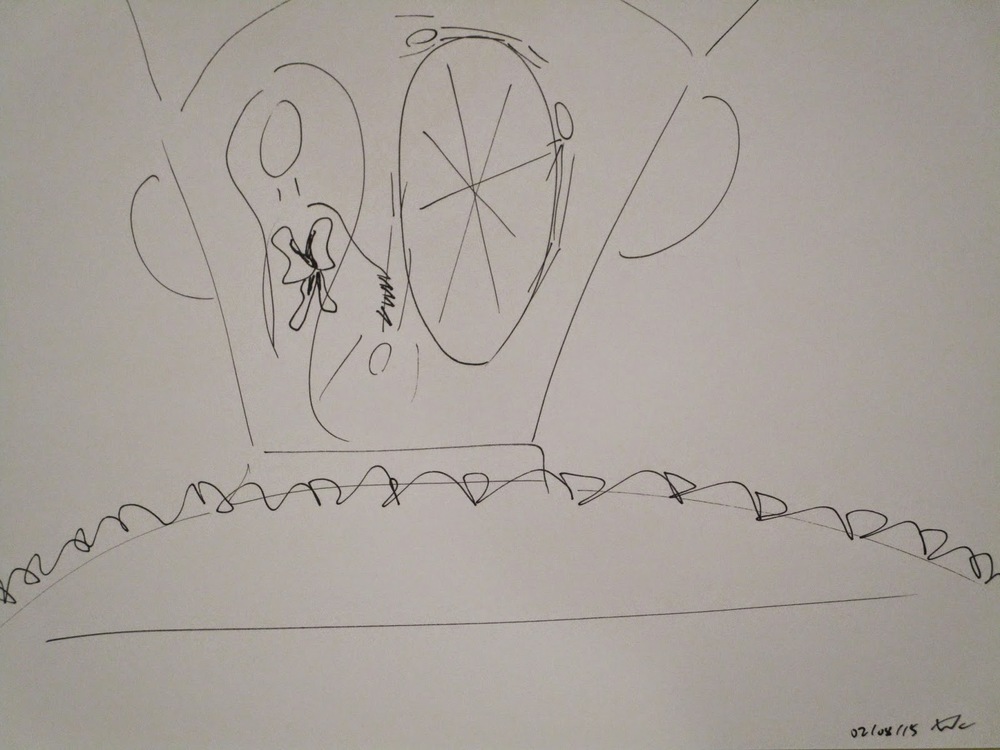
Patton shivered. Push Coast Crow drew in closer, nuzzling his nose.
“Caw?”
“You’re right. There’s always a lighter side to the dark half-wheel of Emotion,” Patton sighed, pulling a lighter out of his still-damp pants pocket and steadying the fire below the wheel.
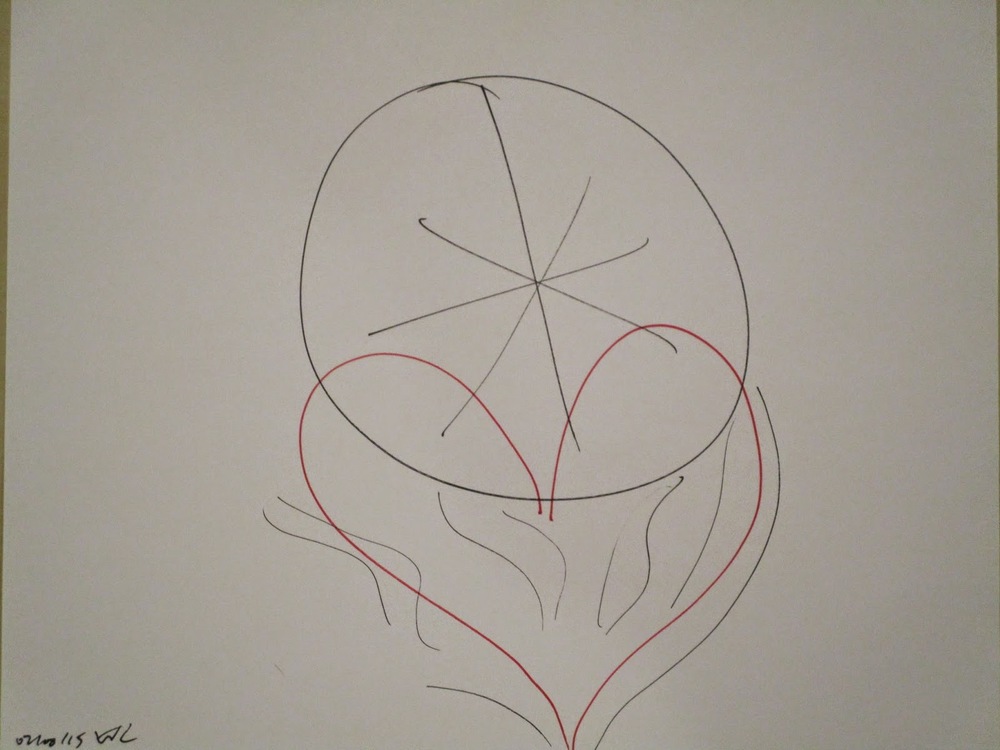
“I feel faith in goodness that I can’t explain,” Patton said.
“I feel, too, the darker side of the coin of peace: acceptance that I can’t control outcomes,” he said.

“Caw caw,” Push Coast Crow said.
Patton sighed.
“You’re right. I should be feeling hope, too.” And he closed his eyes, furrowed his brow, and pressed his hand harder over his heart. And then he sighed and was quiet for a long time.
“There it is!” He exclaimed suddenly, raising his eyebrows in recognition.
“I feel hope that we all want to make the world safer for human flourishing. We are really on each other’s team. We can learn from our mistakes and solve problems together,” he said.
And there Patton and Push Coast Crow sit to this day, waiting for his own country to give Patton back his chair.
